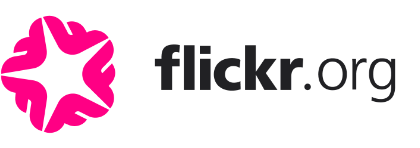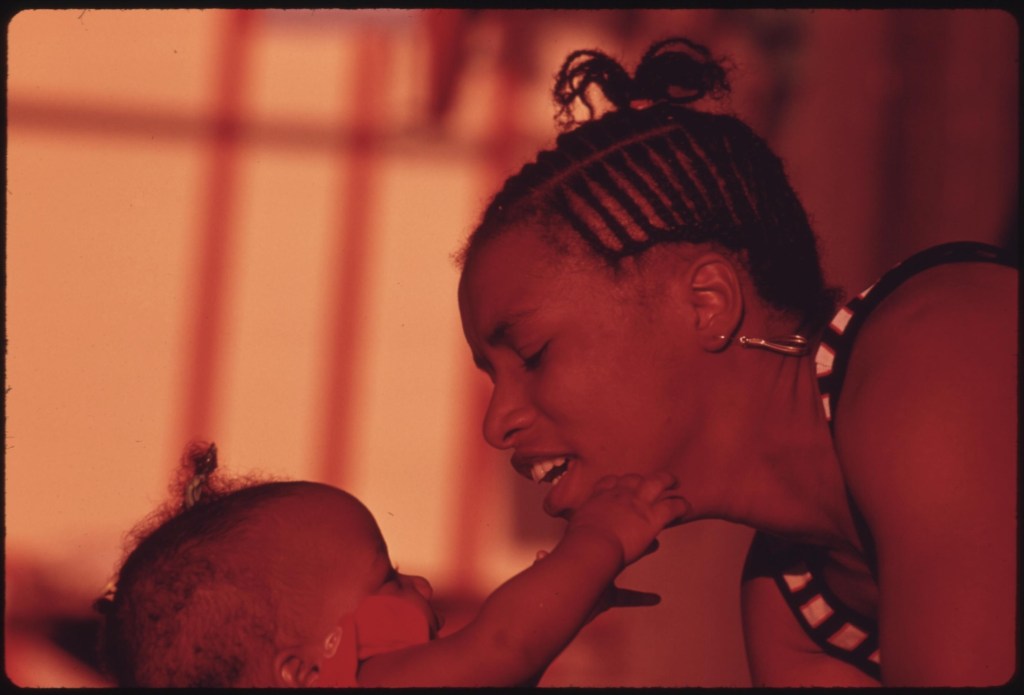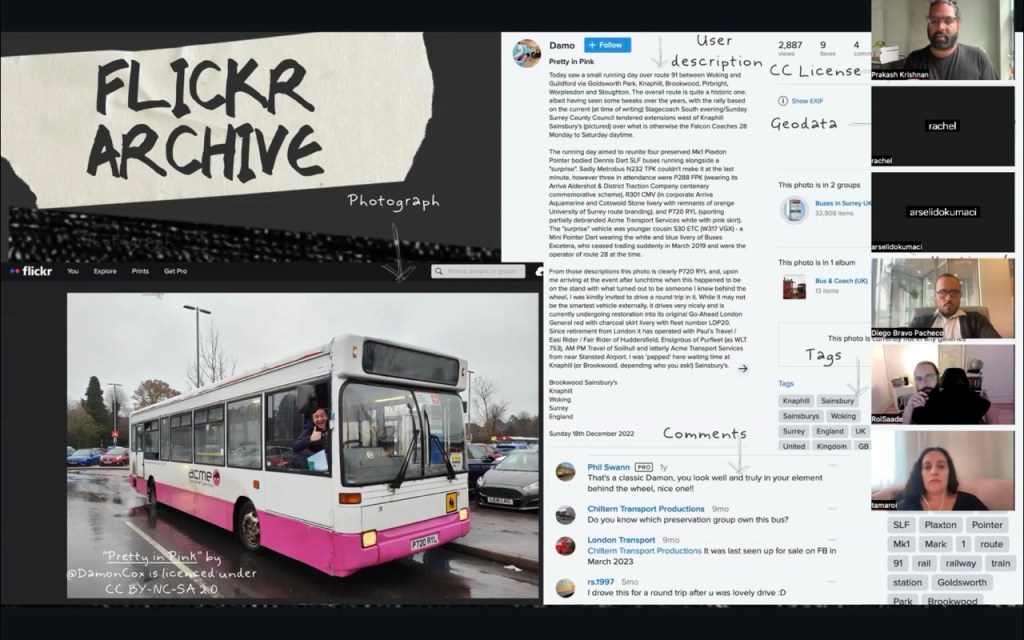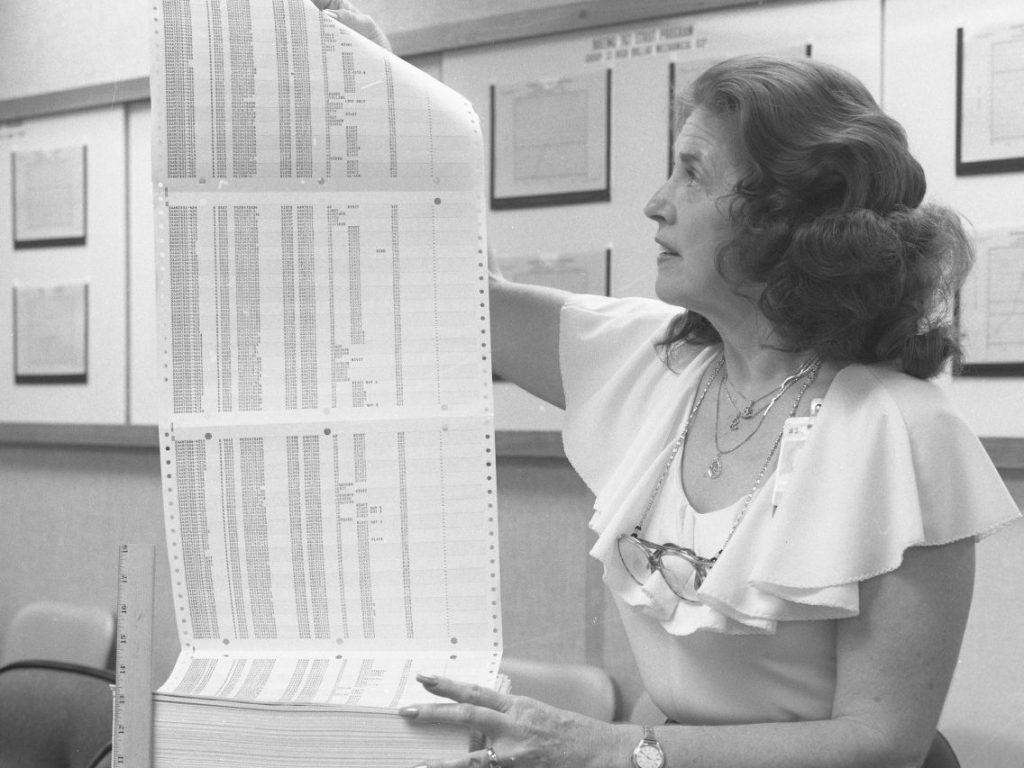We’re thrilled to welcome Emily Fitzgerald & Molly Sherman as our first research fellow pair, and look forward to supporting their important project, Reproductive Reproductions.
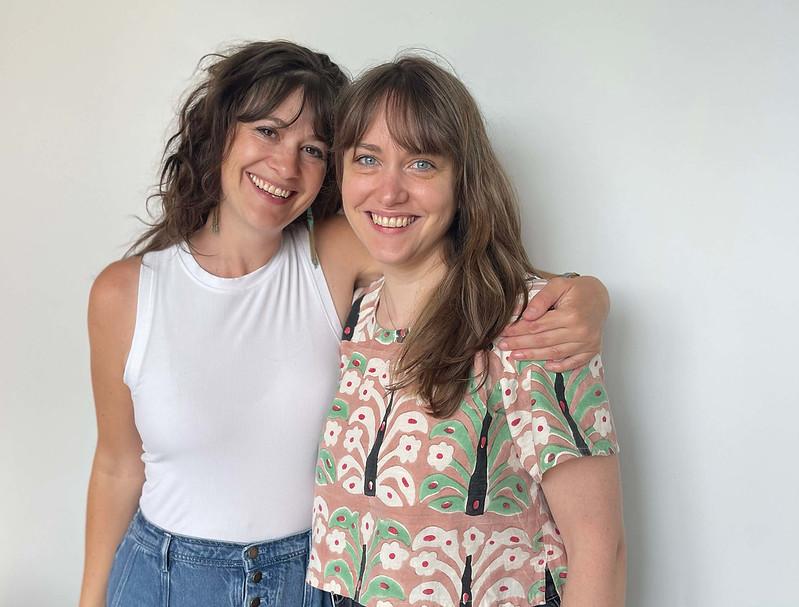
We are Emily Fitzgerald and Molly Sherman, mothers, artists, and educators based in Portland, Oregon, and San Antonio, Texas. We are excited to embark on our Flickr Foundation Research Fellowship.
For the past decade, we have collaborated on projects exploring themes of intergenerational relationships, housing, family, and care. With backgrounds in social practice, design, and photography, we create public platforms that foster reciprocal exchange and invite active audience engagement. Our work explores the process of collective storytelling, balancing the relational and the aesthetic, and making conceptual and visual decisions collaboratively. Central to our practice is the notion of co-authorship, where the ‘subject’ is also a partner in the creative process. Through this approach, we aim to build structures that promote care, connection, and dialogue.
Over the past many years our personal experiences with miscarriage, abortion, infertility, high-risk pregnancy, disability, single parenting, and IVF have shaped and reframed our work.. These themes are deeply woven into the fabric of our practice and have led us to create the People’s Clinic for Reproductive Empathy. The People’s Clinic for Reproductive Empathy, a project that explores reproductive experiences as a spectrum rather than isolated events, reflecting the varied journeys many individuals face throughout their lives—from infertility to pregnancy, abortion, miscarriage, menopause, and parenthood.
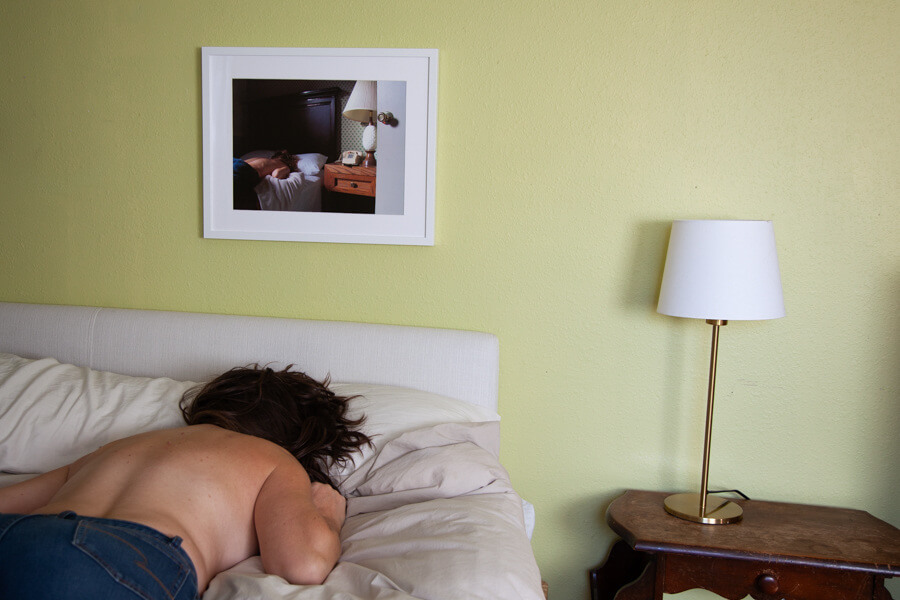
A new body of personal work that explores and reflects on early motherhood. This ongoing photo series explores what it means to be a working parent, a single parent, an older parent, a parent to a young child caring for aging parents, and an artist, and where these elements clash or have the potential to support one another.
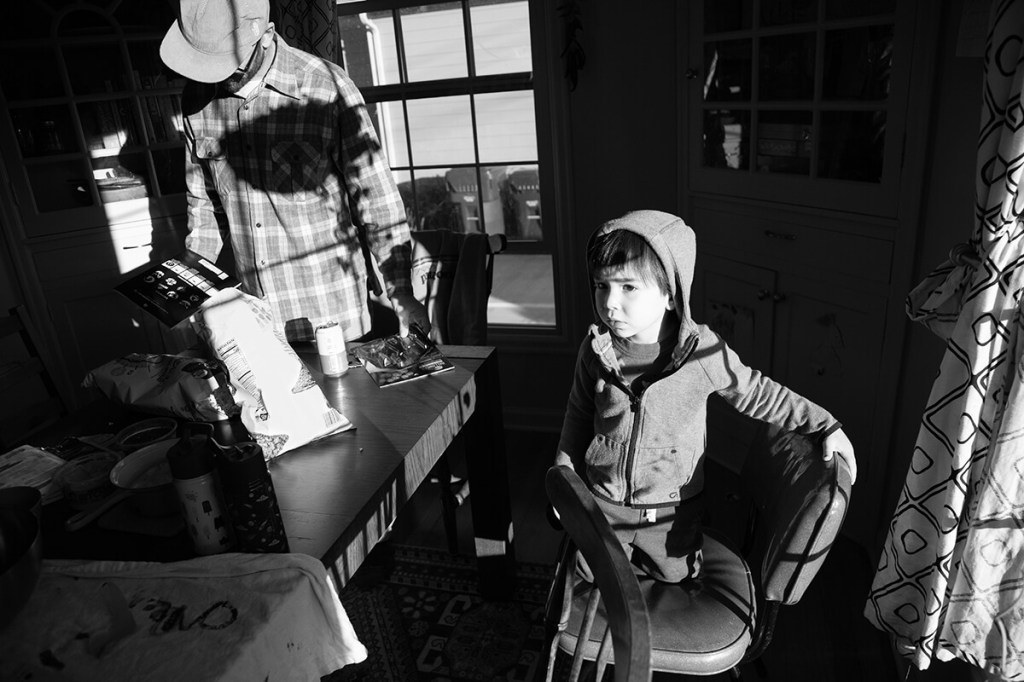
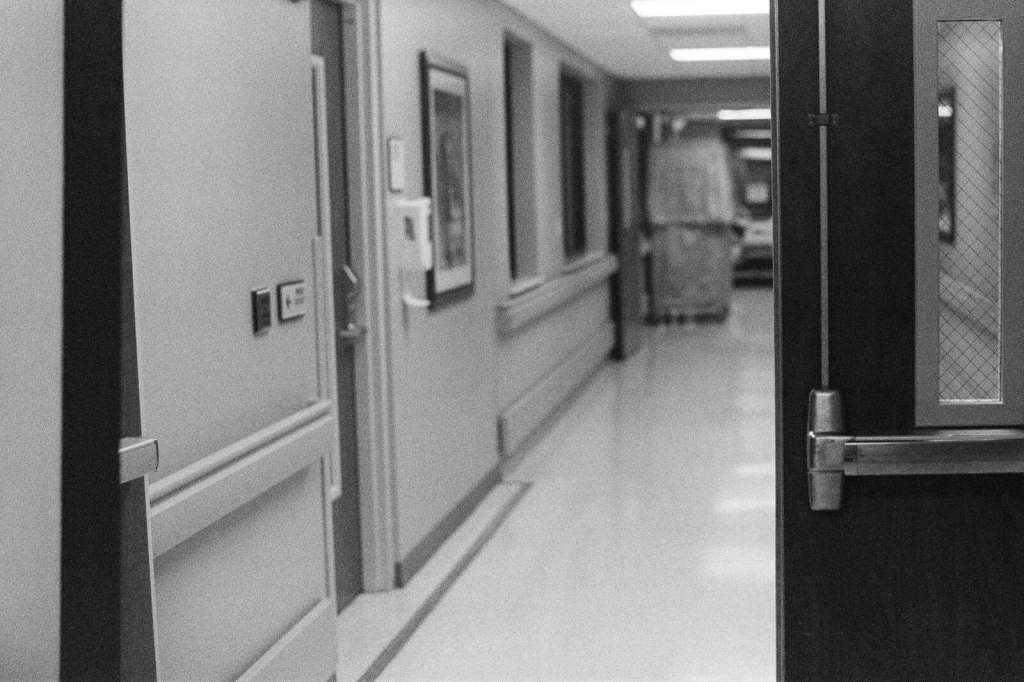
A series about what it means to make it work and make work as a single parent. It looks at the caretaking responsibilities of the “sandwich generation” and how we adapt and create the communities that are inherent to our survival. How do we cope as mothers? As the caretakers? As single parents? How do we build structures that allow us to find joy? I find solace in art and image making and this ongoing photo-series is a visual exploration of this. This series is primarily shot on 35 mm film.
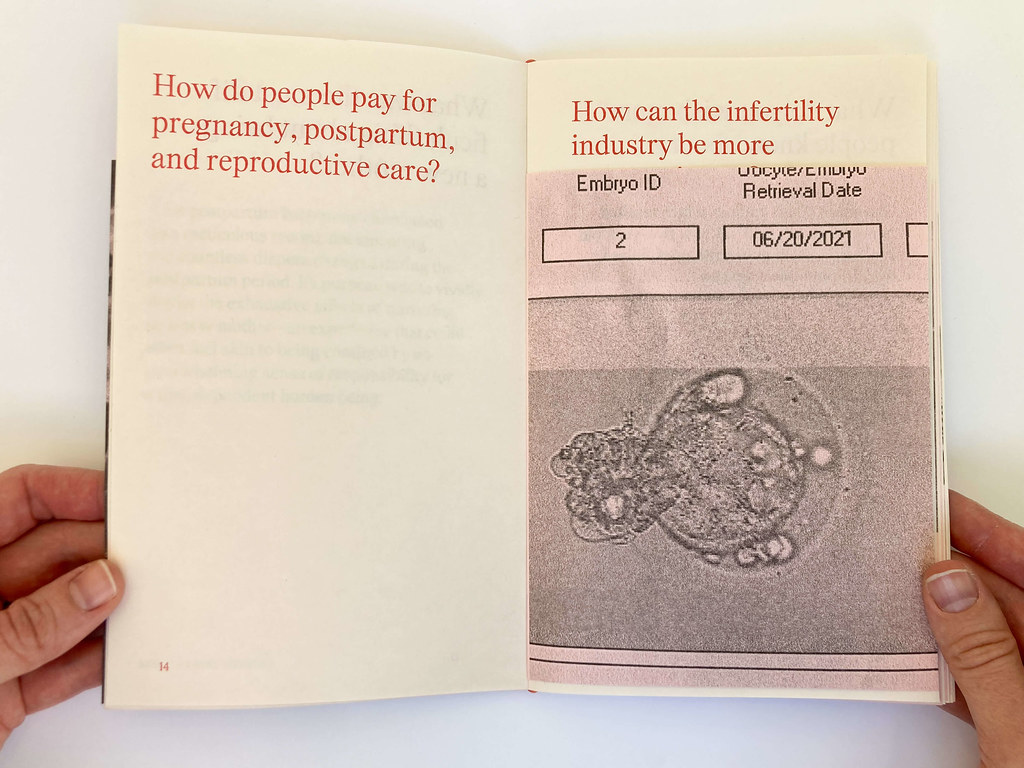
An artists’ publication that shares people’s collective experiences of the reproductive spectrum. The publication was created through community-engaged workshops at the 2024 Museum of Motherhood Conference. Participants were invited to share reproductive experiences and contribute to this collaborative publication, amplifying narratives of birthing individuals, caretakers, and those who choose not to reproduce. This publication invites readers to reflect on their reproductive journeys through contents including a timeline of reproduction that includes both personal and political monumental events, questions about reproduction generated by participants, and images reflecting on the spectrum of reproductive care in the US. The images represent the interconnected spectrum of women’s reproductive experience, including but not limited to abortion, motherhood, infertility, pregnancy loss, queer conception, race, and disability. We are interested in visualizing how these seemingly different reproductive experiences are intertwined personally and politically for women worldwide. The publication is risograph printed, rubber band bound, and distributed to the participants nationally and internationally. The publication is typeset in Kéroïne, a typeface with exaggerated female features designed by Charlotte Rohde, who explores “typography as the interface between image and language and [how it] informs feminist discourses in our societies.
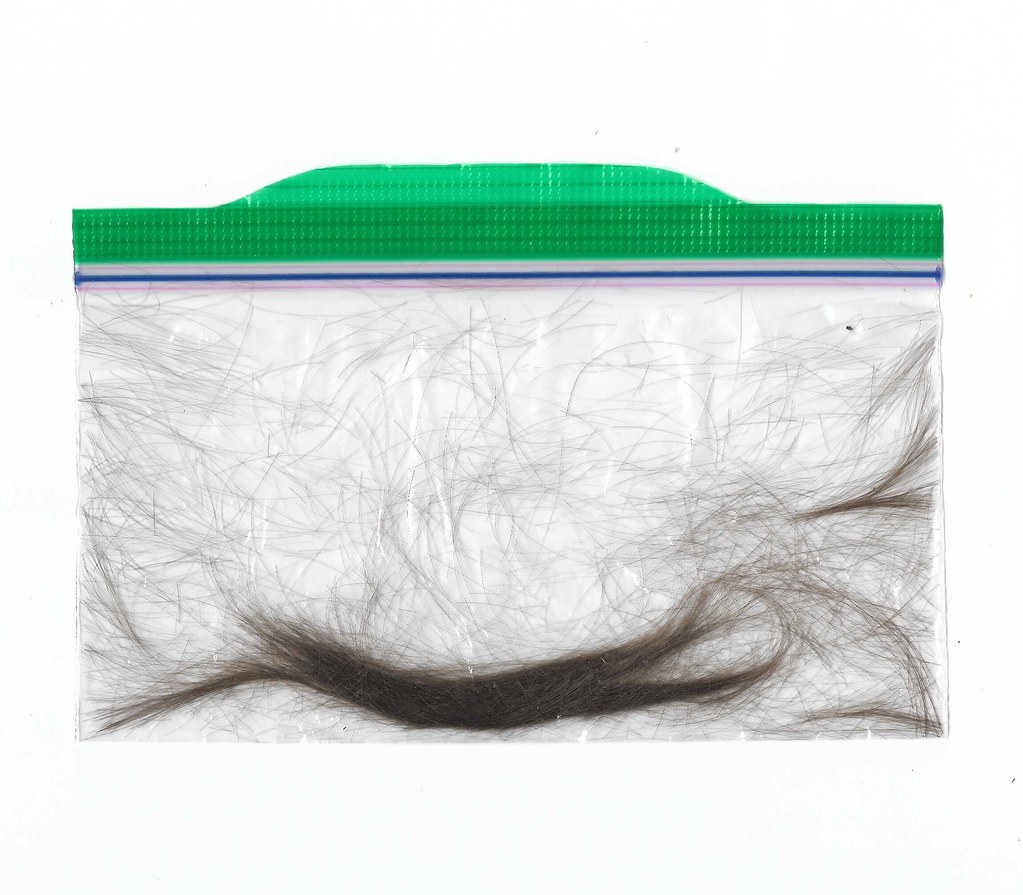
As Research Fellows, we will curate a comprehensive collection of images from Flickr that captures the past 20 years of digital storytelling and uniquely locates the vast spectrum of reproductive experience into a single collection.
We will create a collection that ethically represents the interconnected aspects of the reproductive spectrum and builds understanding around the diverse journeys shared by an overwhelming number of people. Our research will explore how cultural, political, and personal identities impact agency and health across the spectrum of reproductive experiences—such as abortion, miscarriage, infertility, queer conception, motherhood, disability, IVF, pregnancy, and breastfeeding. We will establish parameters to ensure inclusivity across race, class, gender, and age and carefully consider the ethics of representation and image-making in our visual and conceptual decision-making throughout this fellowship, along with the way photography has been used to reflect, mobilize, and build networks and movements throughout history.
Our research will culminate in the form of a photobook. The contents of the photobook will include hundreds of Flickr images and an appendix of selected metadata associated with each image—preserving a highly accessible digital collection and elevating it as an archival object. We will build the digital collection to ensure that the metadata is reflective of our research and accessible to a greater public, while examining the project’s potential relationship with the Flickr Foundation’s Data Lifeboat project.
The photobook will include oral history interviews with past and present leaders in the fight for reproductive rights and care. These texts will frame the themes represented through the images. The publications will provide an innovative approach to image making and a renewed perspective on archives, including methods of collective and counter archiving. Our research and the publication will explore the boundaries and accessibility of photographic archives, highlight silenced and hidden narratives, and visualize the spectrum of reproductive experience shared by women across history, geography, race, and class.
